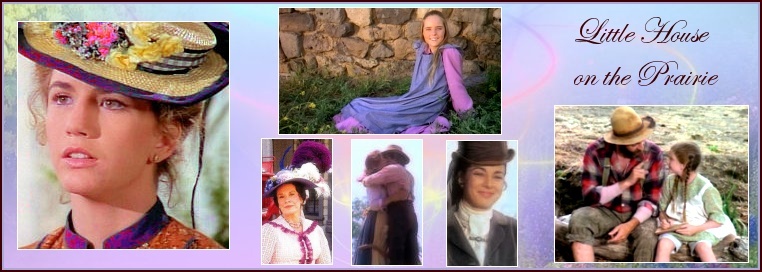
Peter and Thelma Hyde in a wedding-day picture next to the service medals he was awarded in World War II. Picture: Bianca De Marchi Source: The Advertiser
IT was one of those great loves. He was a Rat of Tobruk in World War II and she waited for him to return so they could marry.Sixty-five years later, Peter and Thelma Hyde, of Mitchell Park, died just two days apart.
"Dad's parting words to mum were that she was a great wife, a great mother and a great grandmother," son Graeme said.
Mrs Hyde died on Sunday, July 17, aged 89, and her husband at 92, on July 19.
Their lives were celebrated at a joint funeral last Saturday.
"Dad had an outgoing personality and Mum was a bit reserved but they worked well together," Graeme Hyde said.
"Once Dad had broken the ice, Mum was happy to talk for days. They were a great partnership."
After the war, the couple married and bought a farm at Eudunda.
Grandson Peter Hyde said his grandfather did not want to marry his sweetheart until he returned from the war.
"Just in case something happened, he didn't want to leave her a widow," he said.
They went on to have three children, 12 grandchildren, four great-grandchildren and the couple also fostered five other children.
Sadly, Lance Sergeant Peter Hyde was not the only revered Rat of Tobruk to die last Tuesday. Captain Roger Cundell, 93, also passed away and his story was told in The Advertiser on Friday.
The former soldiers were friends. Peter and Thelma hosted the last Adelaide lunch of the Rats of Tobruk last year.
In March this year, there were estimated to be just 150 'Rats' left across the nation.
Peter Hyde's story began when he was abandoned as a baby. He was found in a carton in Hyde St, Adelaide, and the street name was given to him as his surname.
Placed in state care during his childhood, he attended what later became known as the Glandore Industrial School and children's home.
He was only 10 when he was sent to the Barossa Valley to work as a farmhand and by year 7 he was sent off to another farm at Strathalbyn.
He signed up for the army as soon as World War II broke out, adding a year to his age to ensure he was accepted, and was assigned to the 9th Division, Australian Army Service Corps.
During his six years in the army, he served in the Middle East at Tobruk, as well as in New Guinea and Borneo.
Graeme Hyde said his dad rarely spoke about the war but he did say he was a lucky soldier.
"He really had a lot of luck," he said.
"He mentions in his memoirs that a bomb landed next to him and it didn't go off, which would turn your hair grey."
He was awarded a Mention in Dispatches for his bravery, the bronze oak leaf, but he never boasted about his achievement to his family.
"I only heard about it when his army mates came and visited from interstate and they would occasionally mention that he was quite brave," son Graeme said.
"It's not something he really wanted to talk about.
"He was definitely over- modest in his achievements."
The family plans to inter the couple's ashes in a plot in the RSL section of the Currency Creek Cemetery.
